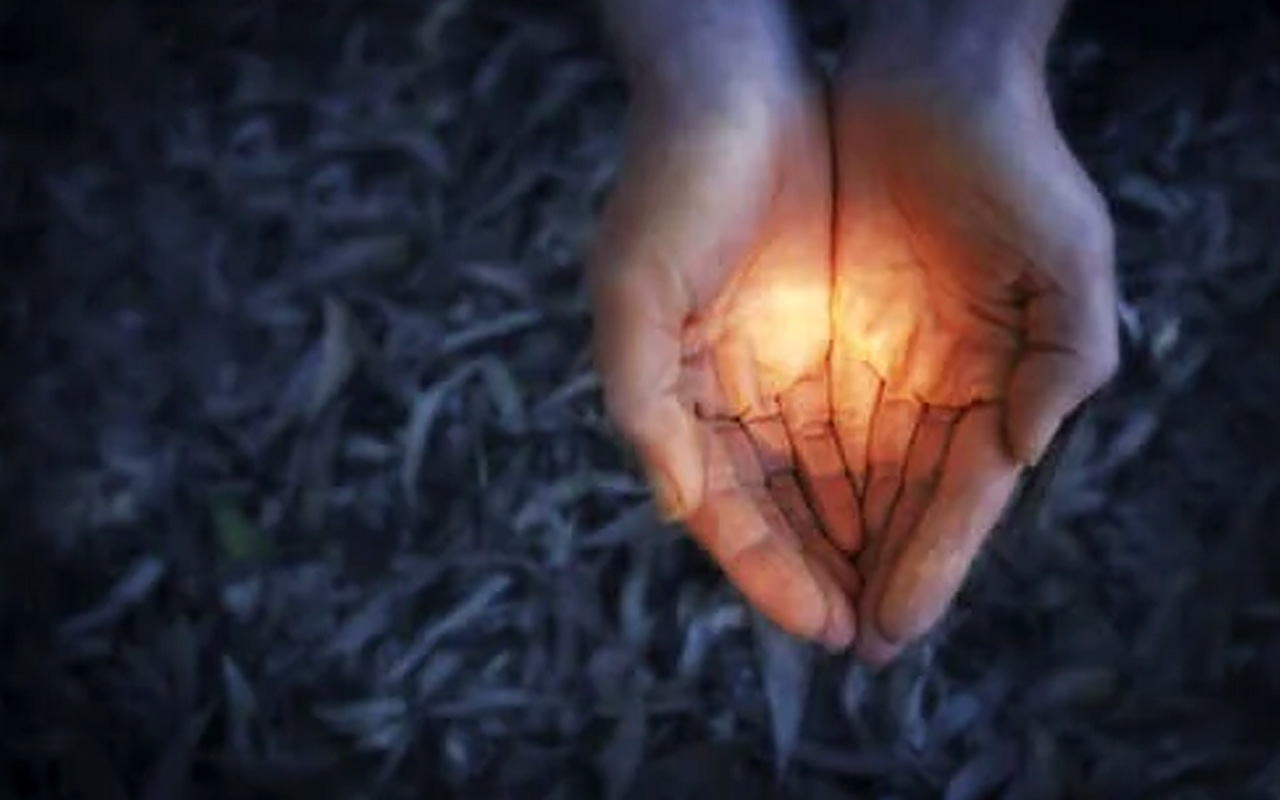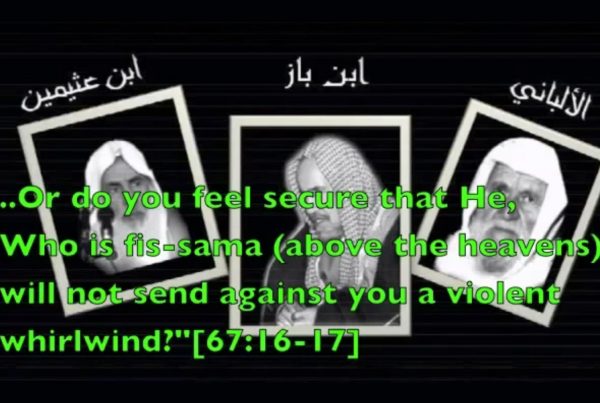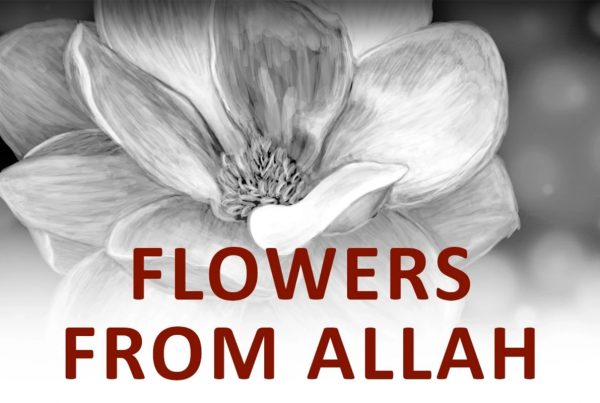Islam has equipped the believer with the tools necessary in keeping the “smile” part and parcel of your everyday appearance. One of these tools on its own can help you life your mood and help you lead a happier life, if understood and implemented that is.
This one tool is known as “satisfaction with the choosing of Allah”. To stress the importance of this divine formula, ponder over the following:
- When the Muslim wakes up in the morning, what are we taught to say?
“Praise be to Allah, the One who brought us back to life after causing us to die..”[Bukhari]
- When we get dressed, what are we taught to say?
“Praise be to you oh Allah, You clothed me with this!” [Abi Dawood, At-Tirmithi]
- When the Muslim finishes eating, what are we taught to say?
“Praise be to Allah, with an abundant, beautiful, blessed praise..” [Bukhari]
- When the Muslim exits from the bathroom, what are we taught to say?
“Praise be to Allah, the One who removed the impurities from me and relieved me.” [Ibn Majah]
- When the Muslim sees a person with a disability, what are we taught to say?
“Praise be to Allah, who has spared me from what he has been afflicted with.” [at-Tirmithi]
- When the Muslim attains or accomplishes something, what are we taught to say?
“Praise be to Allah, by whose blessing good things happen!” [Ibn Majah]
- If the Muslim fails to accomplish something? We are to say:
“Praise be to Allah, in all cases.” [Ibn Majah]
Isn’t that just amazing?! The Muslim finds himself perpetually alternating from one form of praise to another regardless of the situation’s ease or hardship. Yes, this is the sweet life of a believer: Gratitude during prosperity & patience during adversity, a reward from Allah in both cases, a win-win situation.
These words are guidance for us during our most difficult times. They allow us to find perspective even during hardship.
Even the non-Muslims who merely spend time with Muslims are witness to this! In an article titled: ’The Garden of Allah’, Colonel Ronald Bodley (British army officer, author and journalist) tells the world:
“In 1918, I turned my back on the world I had known and went to north-west Africa and lived with the (Muslim) Arabs in the Sahara. I lived there seven years. I learned to speak the language of the nomads. I wore their clothes, I ate their food, and adopted their mode of life. I became an owner of sheep and slept on the ground in the Arabs’ tents.. ” He goes on to say: “Those seven years which I spent with these wandering shepherds were the most peaceful and contented years of my life.”
They take life so calmly and never hurry or get into unnecessary tempers when things go wrong. They know that what is ordained is ordained; and no one but God can alter anything. However, that doesn’t mean that in the face of disaster, they sit down and do nothing.
“To illustrate, let me tell you of a fierce, burning windstorm of the sirocco which I experienced when I was living in the Sahara. It howled and screamed for three days and nights. It was so strong, so fierce, that it blew sand from the Sahara hundreds of miles across the Mediterranean and sprinkled it over the Rhone Valley in France. The wind was so hot I felt as if the hair was being scorched off my head. My throat was parched. My eyes burned. My teeth were full of grit. I felt as if I were standing in front of a furnace in a glass factory. I was driven as near crazy as a man can be and retain his sanity. But the Arabs didn’t complain. They shrugged their shoulders and said: “Mektoub!” Meaning: “It is written.”
”But immediately after the storm was over, they sprang into action: they slaughtered all the lambs because they knew they would die anyway. After the lambs were slaughtered, the flocks were driven southward to water. This was all done calmly, without worry or complaining or mourning over their losses. The tribal chief said: “It is not too bad. We might have lost everything. But praise be to God, we have forty per cent of our sheep left to make a new start.”
”The seven years I spent with the Arabs convinced me that the neurotics, the insane, the drunks of America and Europe are the product of the hurried and harassed lives we live in our so-called civilization.”
”As long as I lived in the Sahara, I had no worries. I found there, in the Garden of Allah, the serene contentment and physical well-being that so many of us are seeking with tenseness and despair.”
Dear Muslim, haven’t you noticed? The world is now turning to you for answers! In the quest for content, they gaze earnestly at your keys. So be satisfied with the tools of your ancestory. Learn and acknowledge the tools you have been equipped with to deal with the hardships of Dunya.
’What blessing can you think of to share with the Ummah?
About the author
Ali Hammuda is an educator and writer on Islam. His written material is available to read at www.rememberaday.net
Credits: productivemuslim





